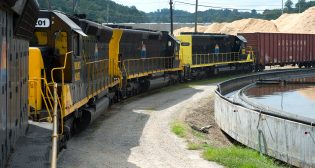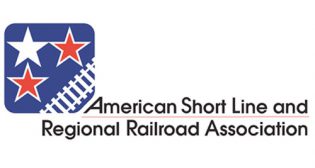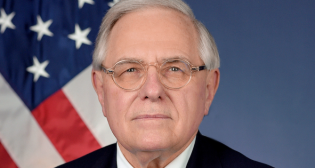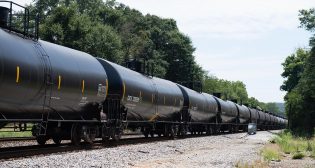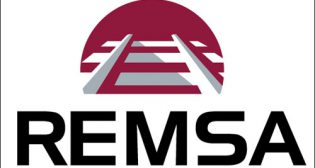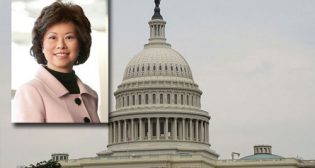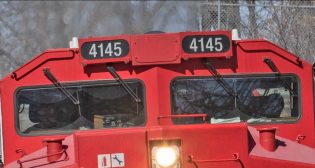The Federal Railroad Administration will soon publish final rules instituting conductor certification and imposing new hours-of-service limitations on intercity passenger train and commuter employees in safety sensitive positions.
FRA Associate Administrator for Safety Jo Strang made the announcement at the United Transportation Union’s regional meeting June 21 in San Antonio, Texas.
Conductor certification, which becomes effective January 1, 2012, "recognizes the level of professionalism required by our conductors today," Strang said.
A notice of proposed rulemaking on conductor certification was published in November and is the product of a collaborative effort through the FRA’s Rail Safety Advisory Committee, which includes carriers, rail labor and the FRA.
Strang said the passenger hours-of-service regulation will apply sleep science and fatigue management to railroad hours-of-service, "which is the first time in our industry’s history that this has been done. It recognizes the inherent differences between freight and passenger service."
For example, intercity passenger and commuter railroads operate on fixed schedules. Commuter railroads operate primarily during daylight hours and most commuter employees return to their home terminals every night.
The passenger hours-of-service regulation will "balance the need to manage fatigue with the need to maximize income," Strang said. "The rule also recognizes the significant safety contribution that a defined start time has for the employees involved. When the employee knows when they must report for service, they can manage the necessary lifestyle adjustments. The outstanding safety record of our passenger and commuter rail operations is an excellent example of just what it means to have a regular start time."




